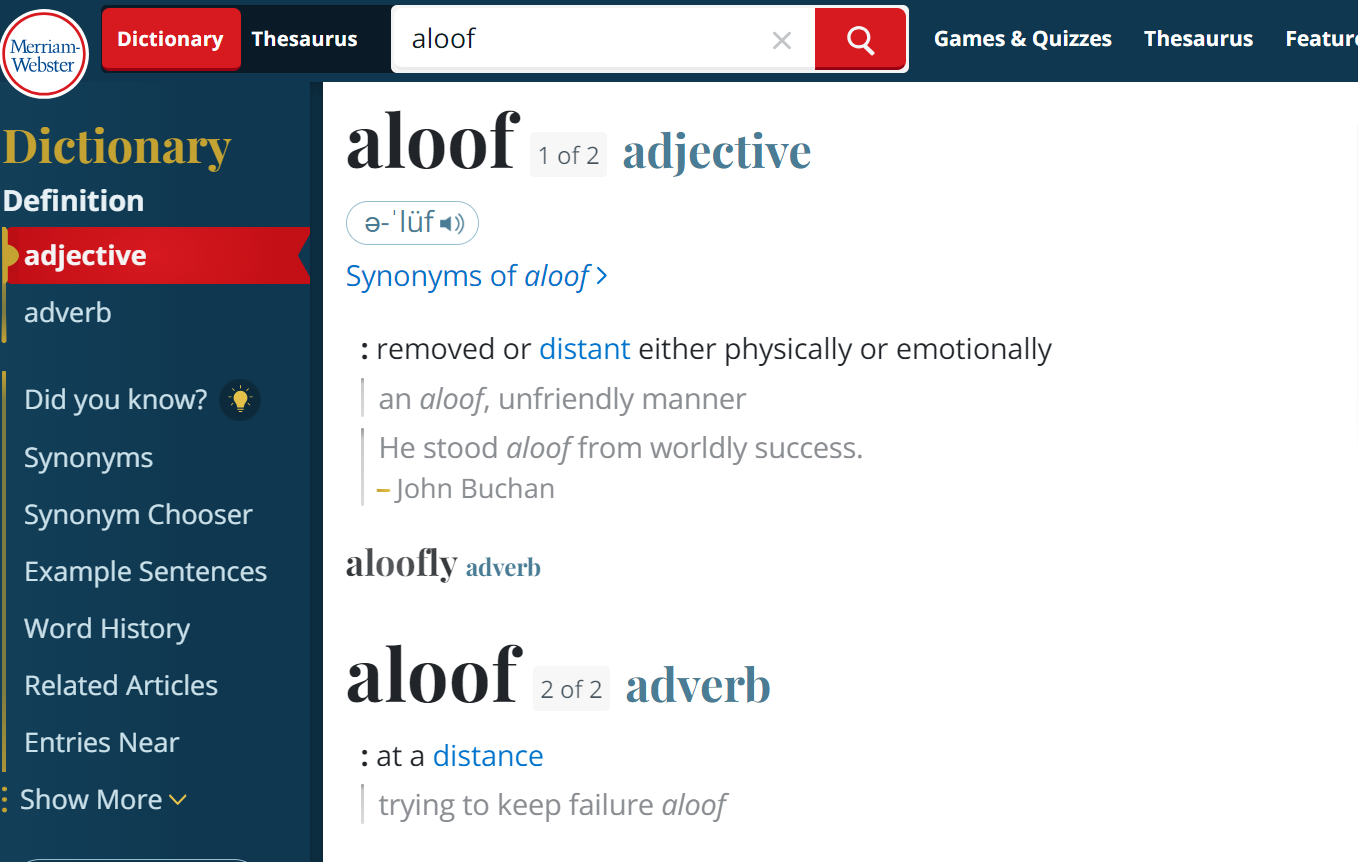Ways to Learn More Adjectives for ESL Students
The more adjectives you know, the more fluently you can word your sentences and voice your thoughts. Using the right phrases in the right places allows you to be more accurate and descriptive.

Adjectives are some of the words that ESL students can specifically have trouble with. They can be tough to learn and even tougher to implement.
In this post, we’re going to be discussing some ways in which ESL students can increase on their knowledge of English adjectives.
Understanding Adjectives | What are They?
In the simplest terms, adjectives are words that define the quality or trait of a noun.
If a particular person is in a state of anger, we will say that they are angry.
If a particular place is notorious for criminal activity, we can refer to the said place as being shady.
These types of words, i.e., the ones that describe a noun (or a pronoun), are known as adjectives. There are different types of adjectives, some of which include:
- Superlative adjectives
- Absolute adjectives
- Comparative adjectives
And so on.
An important thing to consider about adjectives is that they can be easily confused for adverbs. While adjectives are used for nouns and pronouns, adverbs are used for verbs and adverbs.
For example, while we will call a man angry (adjective), we will say that they are walking angrily (adverb).
Now that we’re done with all of this, let’s move on to look at how you can learn adjectives as an ESL student.
Ways to Learn More Adjectives
1. Do some heavy reading
Whether it’s normal words, adjectives, or adverbs, one of the best ways to learn is to read quality content. This is something we say from our own personal experience.
But, while reading can be effective, the content in question should be high-quality. In other words, if you want to learn, you should read top-notch content. If you decide to read some lame content, you’ll just spend your time picking out their mistakes.
Here are some tips that you can follow to create and follow a healthy reading habit.
- Set aside some time daily for your reading sessions. Picking a particular time can help you become more regular.
- When picking something to read, try and go with something you’re genuinely interested in. For example, instead of reading some boring lesson-like content, go with some historical accounts and events instead. When you’re interested in the content you read, you won’t just look to skim and skip it.
- During the reading phase, whenever you come across any new adjective, note it down and look up its meaning.’
- When you stop being receptive, stop reading.
Let’s move on to the next one.
2. Use online paraphrasing tools
This is yet another good method of learning more adjectives.
Using paraphrasing tools is a good way to improve your vocabulary in general. And adjectives are automatically included in that.
Instead of describing this all in words, we’d first like to show it using an actual tool. You’ll get a better idea of what we mean. We’ll be using a random online tool for this demo. If you want, you can go and check it out yourself. Here’s the link: https://www.rephrase.info/

Take a look at the screenshot above.
You can see that the words “baleful” is replaced by the word “rugged.” Likewise, the word “large” has been changed with “great.”
A paraphrasing tool basically works by changing the text provided to it. If you give it a sentence full of adjectives, it will replace some (or most) of them using other adjectives just so that the sentence becomes “paraphrased.”
You can utilize this functionality to your benefit and learn as many adjectives as you can. You can put all the adjectives you know in a couple of sentences or passages and then run them through a paraphrasing tool. You’ll then have a whole bunch of variations for those adjectives that you can add to your existing trove.
Of course, there are some limitations to using paraphrasers for this purpose.
For one, you have to be careful about picking a really smart and intelligent tool. If you don’t, there’s no guarantee that the words it will use as replacements will actually be appropriate replacements.
Likewise, when using these tools, you will only be able to get adjectives that are synonymous with the ones you provide the tool. In other words, if you know the adjective “strong,” you will be able to learn other adjectives similar to it, such as “sturdy,” “powerful,” “robust,” and the like. You won’t be able to learn any new ones, i.e., with different meanings.
3. Use a dictionary or a thesaurus
This is the most straightforward method for learning new adjectives. It takes time, sure, and quite a lot of dedication as well. But this is the least restricted method you can try.

Reading is great, but you can only learn the adjectives that the author has a penchant for using. Paraphrasing, too, is great, but you can only learn the adjectives that are replacements for the ones you enter.
But if you just grab a dictionary or thesaurus, you can learn whichever words you want without any trouble.
Conclusion
And that wraps it up.
If you are an ESL student and you want to expand your vocabulary with adjectives, you can try out any of the methods that we’ve mentioned above. If you put in enough time and effort, you’ll be well on your way to get fluent in the English language.




